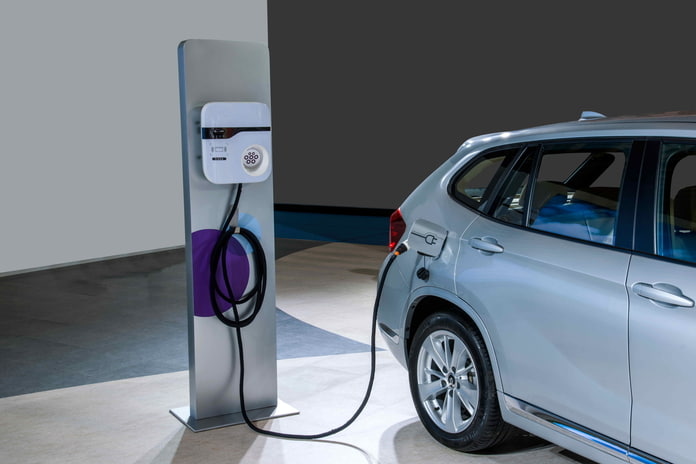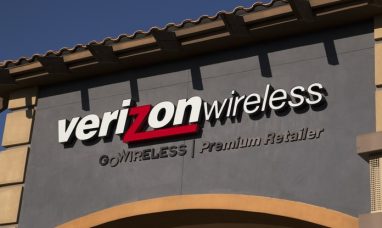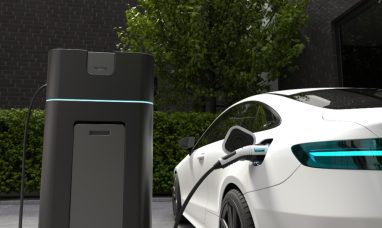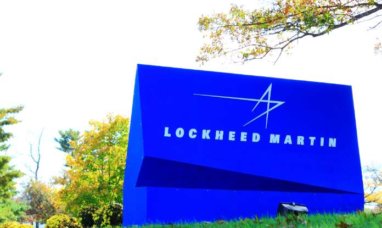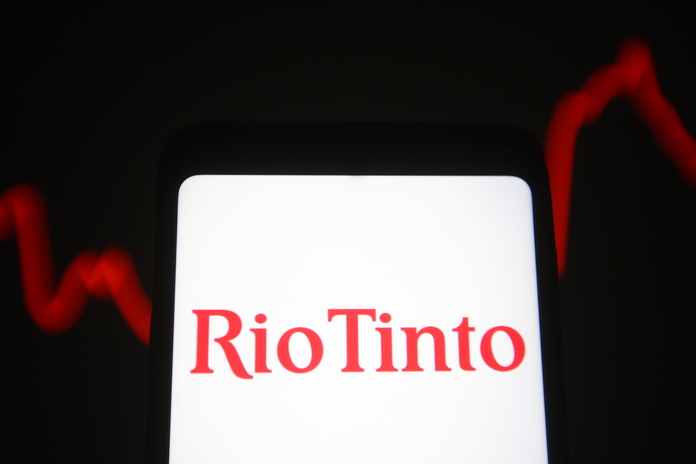Ford Motor Company (NYSE:F), General Motors Company (NYSE:GM), and Toyota Motor Corp (TYO:7203) are pressing to amend Democrats’ planned new funding package over electric-vehicle credit restrictions.
Last week’s breakthrough arrangement between Senator Joe Manchin and Senate Majority Leader Chuck Schumer extended the $7,500 EV tax credit. West Virginia Democrat Joe Manchin has consistently opposed the credit, calling it “ludicrous” and saying it subsidizes Chinese battery development.
The extension was a significant triumph for General Motors Company (NYSE:GM) and Tesla Inc. (NASDAQ:TSLA), which had met the 200,000 EV sales threshold for the bonus. To gain Manchin’s backing, the credits contained strict new constraints on EV cost, customer income, and where batteries and vehicles are built.
Limiting the credit might hinder President Biden’s objective of reaching 50% of new-vehicle sales emission-free by 2030, a measure he said was required to mitigate climate change.
RESTRICTIONS on EV
EVs constructed with Chinese or other “foreign entities of concern” that batteries won’t be eligible for the credit after 2023. Starting in 2025, these nations’ essential minerals cannot be used in batteries.
Bazilian: “Processing is a huge concern.” Batteries need chemicals, not rocks.
Ford Motor Company (NYSE:F), General Motors Company (NYSE:GM), Toyota Motor Corp (TYO:7203), and Stellantis NV (BIT:STLA) want extra time to meet content criteria, say sources. Individuals said that the firms are lobbying Manchin, Schumer, and Stabenow to delay the rules.
“If the law passes as written, Rivian Automotive Inc (NASDAQ:RIVN) is eliminated,” added Chen.
PROFITABILITY
General Motors Company (NYSE:GM) wants to abolish the 200,000-vehicle cap for individual manufacturers, which it and Tesla Inc. (NASDAQ:TSLA) exceeded in 2018, phasing out EV credits. General Motors Company (NYSE:GM) hopes Congress to modify the EV tax credit as part of the energy and economic security legislation.
Gary Peters, another Michigan Democrat, said modifications to the credit are being discussed. Changing the weak agreement might be risky. Manchin’s resistance pushed Democrats to scrap a $4,500 credit increase, saying it would support Chinese battery companies.
The plan Manchin agreed to involves billions for new clean-vehicle production facilities and other incentives to help manufacturers comply. The underlying law, which includes $370 billion for tax incentives and other climate change measures, also helps manufacturers create a local battery supply chain.
It comprises $20 billion in financing for new clean-vehicle manufacturing facilities, $2 billion in incentives to retool existing auto-manufacturing facilities to create clean cars, and a $10 billion investment tax credit to develop clean-technology production sites.
In an interview, Joe Britton, chairman of the Zero Emission Transportation Association, said that the measure supports nearly every attempt to safeguard the supply chain.
Featured Image: Megapixl © Jingaiping









